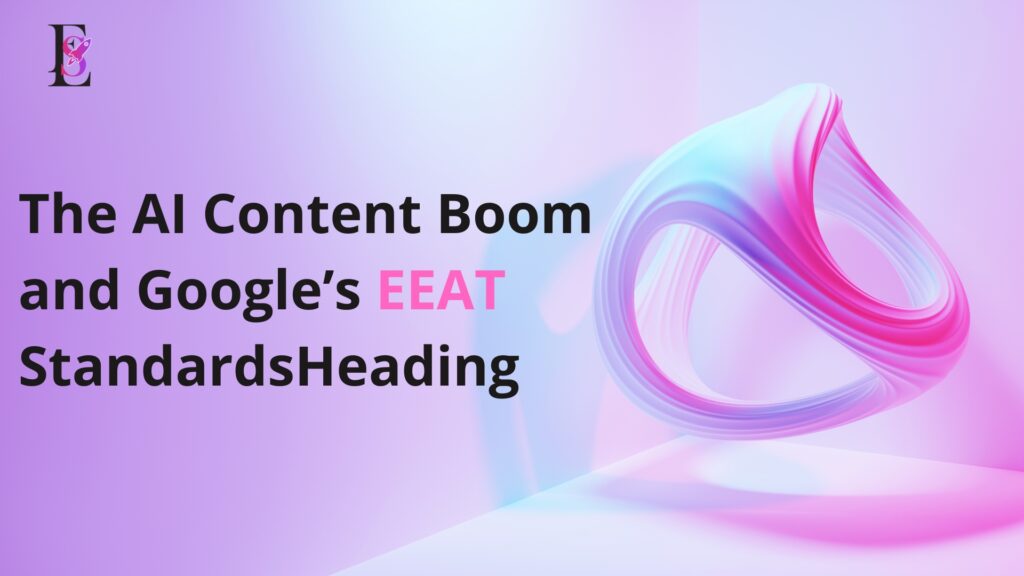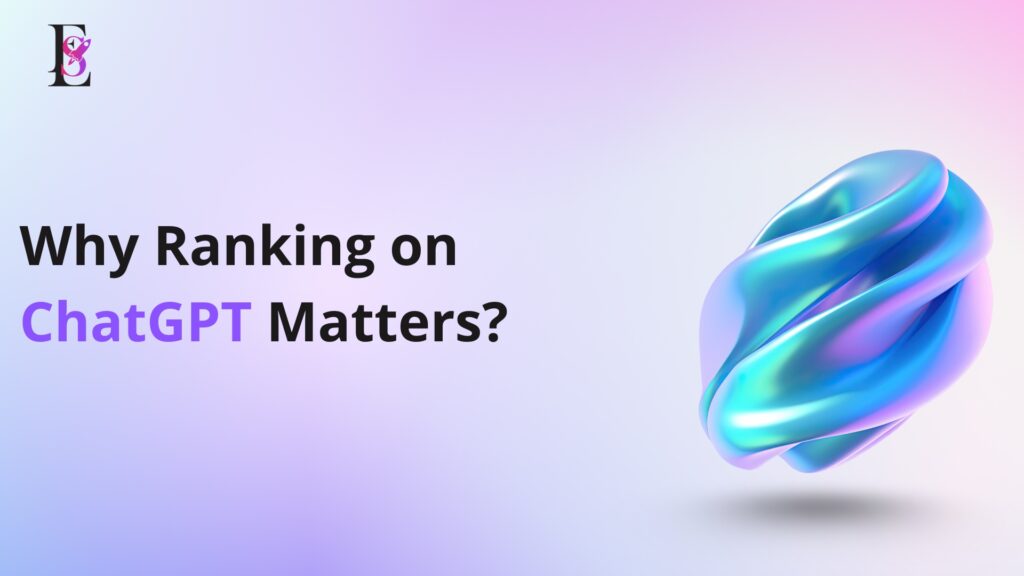How to Rank Your Website on ChatGPT: A Human-Centric Guide for 2025
If you’ve ever wondered, “How do I get my website mentioned or cited by ChatGPT?”—you’re not alone. As AI-powered search transforms how people discover information, being visible in ChatGPT’s responses can mean more traffic, more leads, and more authority for your brand. But ranking on ChatGPT isn’t quite the same as ranking on Google. Let’s break down what it takes, why it matters, and how you can get ahead, without losing your human touch.
Why Ranking on ChatGPT Matters
The way people search is changing. Millions now turn to ChatGPT and similar AI assistants for answers, skipping traditional search engines altogether. When ChatGPT cites your website or content, it’s like getting a personal recommendation from the world’s most popular digital assistant. This can drive highly qualified traffic, establish trust, and even boost your SEO across other channels.
Understanding How ChatGPT Finds and Ranks Content
Before you can optimize, you need to know how ChatGPT works under the hood:
- Bing is the Backbone: ChatGPT pulls much of its real-time information from Bing’s search index. If your site ranks well on Bing, you’re already ahead of the curve.
- Authority and Relevance: ChatGPT favors sources that are authoritative, trustworthy, and relevant to the user’s query.
- Structured, Human Content: AI prefers well-organized, data-rich, and experience-based content—especially when it’s easy to digest.
Actionable Steps to Rank Your Website on ChatGPT
- Optimize for Bing, Not Just Google
While Google still dominates search, ChatGPT relies heavily on Bing. Here’s how to boost your Bing visibility:
- Set up and use Bing Webmaster Tools to monitor and improve your site’s performance.
- Make sure your site is crawlable—check your robots.txt for Bing and OpenAI bots.
- Claim your Bing Places listing if you’re a local business.
- Pay attention to Bing’s ranking factors, which sometimes differ from Google’s (e.g., social signals, page load speed, and meta tags are especially important on Bing).
- Create ChatGPT-Friendly, Citation-Worthy Content
ChatGPT is more likely to reference your content if it’s:
- Data-rich: Include statistics, research findings, and expert quotes.
- Experience-based: Share real stories, case studies, and hands-on insights that AI can’t generate itself.
- Structured: Use clear headings, bullet points, tables, and step-by-step guides. This makes it easier for both humans and AI to extract key information.
- Original and Authoritative: Avoid fluff. Back up claims with reputable sources and your own expertise.
- Practice Omnichannel SEO
Don’t just focus on your website. Build your digital footprint:
- Get cited on reputable third-party sites, industry blogs, and news outlets.
- Build backlinks and mentions—these boost your authority in Bing and make you more likely to be cited by ChatGPT.
- Engage on social media and forums where your audience hangs out.
- Embrace Multimodal Content
AI search is evolving beyond text. Combine articles with infographics, videos, and even podcasts. ChatGPT increasingly references multimodal content, especially for “how-to” queries and product reviews.
- Write Like a Human, for Humans
Ironically, the best way to rank in AI-powered search is to be more human:
- Use a conversational tone. Avoid jargon and robotic phrasing.
- Address real problems and offer actionable solutions.
- Share your unique perspective—AI can’t replicate your lived experience.
- Monitor and Adapt
- Regularly test how your brand appears in ChatGPT responses. Ask it questions your customers might ask and see if your site is cited.
- Track your Bing rankings and website analytics to spot trends and opportunities.
- Update your content to reflect new developments, stats, or customer questions.
Common Mistakes to Avoid
- Keyword Stuffing: AI is smart enough to spot unnatural keyword use. Focus on intent and context.
- Ignoring Bing: Many businesses optimize only for Google and miss out on Bing’s growing influence in AI search.
- Thin or Generic Content: If your content doesn’t offer unique value, it won’t stand out to ChatGPT—or to your audience.
The Future of SEO Is Here
Ranking on ChatGPT isn’t about tricking an algorithm—it’s about becoming the best, most helpful answer to your audience’s questions. As AI search grows, those who adapt early will reap the biggest rewards.
Ready to Boost Your Visibility on ChatGPT?
If you want your website to be the go-to source for ChatGPT and other AI-powered search engines, it’s time to rethink your SEO strategy. At FutureSEOLabs, we specialize in future-proofing your digital presence—combining proven SEO tactics with cutting-edge AI optimization.
Let’s make your website the answer everyone’s searching for. Contact FutureSEOLabs today and get your free AI SEO audit.
Ranking in the age of AI is a new challenge—but with the right approach, it’s also your biggest opportunity. Don’t just keep up. Get ahead.


